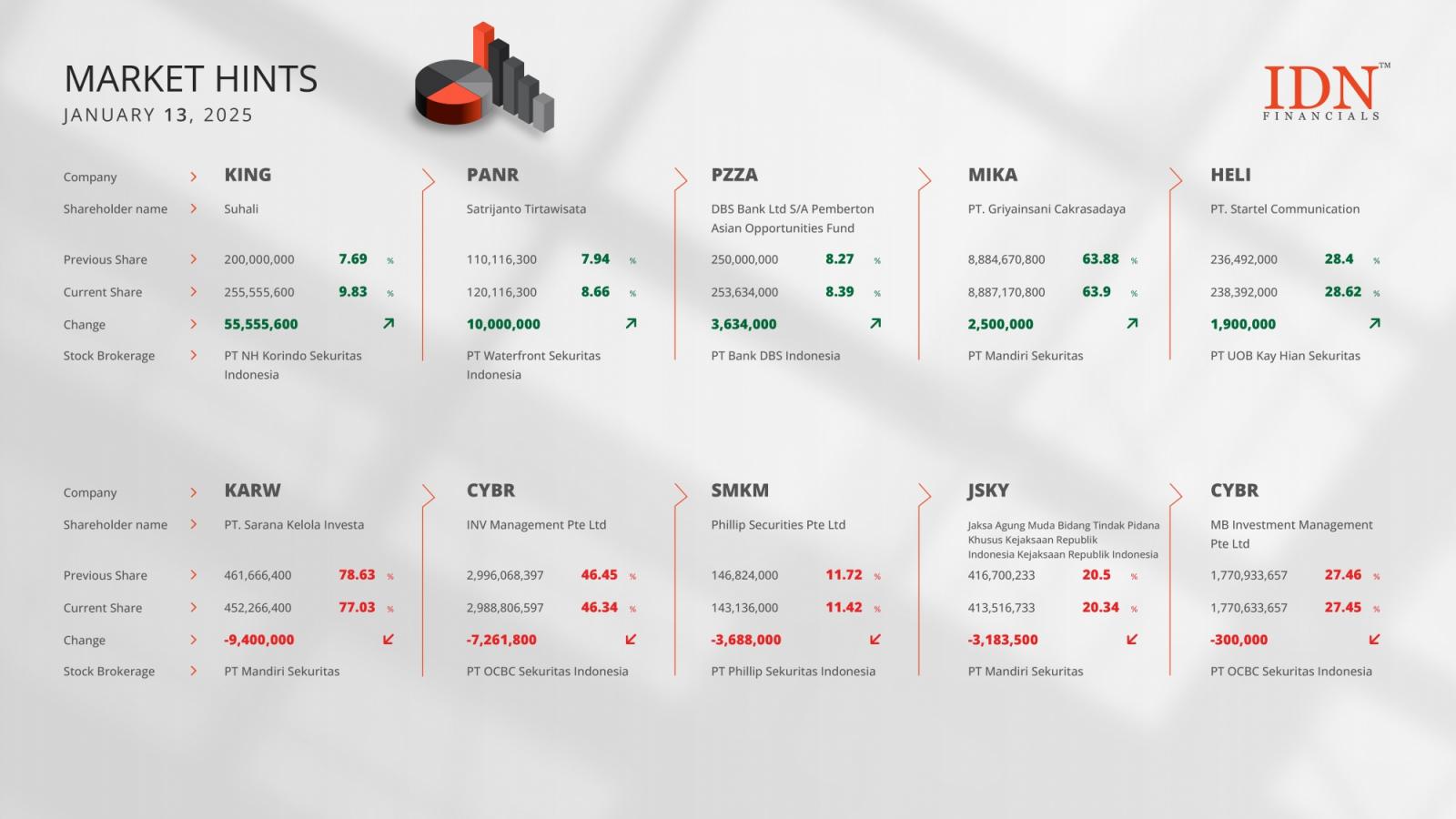Solana developers have set their sights on April 15 as the implementation date for a fix to address the bug issue that recently led to a surge in transaction failures on the Solana network.
The network experienced significant disruption, with over 75% of non-vote transactions failing. Per the team, an “implementation bug” in Solana’s use of the QUIC protocol caused the failures.
Solana Network Faces Implementation Bugs, Not Design Flaws, Says Helius Labs CEO
solana\'s current issue is not a design flaw, it\'s an implementation bug
it is now hitting me that some folks might not understand what we\'ve been trying to say by this for the past week
I\'ll simplify it (intended for non-technical people)
it is important to make this… pic. .com/fNZzu9f90S
— mert | helius.dev (@0xMert_) April 8, 2024
Mert Mumtaz, CEO of Helius Labs—a firm providing back-end support to the Solana network—highlighted the difference between implementation bugs and design flaws. He assured the community that while implementation issues can be addressed more straightforwardly, design flaws would indicate more serious, foundational problems.
The surge in transaction failures on Solana peaked on April 4, with over 75% of non-vote transactions failing amidst a frenzy of memecoin activity on the network. Subsequently, the failure rate has reduced to 64.8%.
Mumtaz explained that the root of the problem lies in Solana’s implementation of “QUIC,” a data transfer protocol developed by Google, intended to keep all network nodes updated on the network’s status.
Mumtaz compared this situation to car design. He noted that all cars have basic components like tires and an engine. However, the implementation can vary significantly across different manufacturers. He suggested that Solana’s current issue resembles the need for a “tire change” rather than a complete redesign.
All cars have four tires and an engine. However, “there are many implementations of the car design,” like BMW, Mercedes, Toyota, F1, and Tesla, he explained.
Using the example of a BMW model with poor steering, Mumtaz clarified that such issues do not imply a flaw in all cars. This rather applied to that specific model. Similarly, Solana’s implementation of QUIC has deficiencies and bugs that should be addressed. However, this does not indicate a fundamental flaw in the network’s design.
In blockchain terms, Mumtaz explained that Solana needs to address this issue by “changing a tire” rather than completely redesigning the network. This distinction is crucial for understanding the nature of the problem and the proposed solution.
Further commentary came from Solana researcher Richard Patel, who indicated that another Solana implementation, Firedancer, might not exhibit the same problems.
For Agave, the tricky part lies in retrofitting external dependencies like quinn and rustls. Their devs are working on it.
This is why we\'ve designed @jump_firedancer\'s custom net stack & QUIC server with these network practices in mind. Pushing hard to bring it to mainnet!— Richard Patel (@fd_ripatel) April 7, 2024
The fix for Solana’s implementation bug is slated for April 15, pending successful testing. Mumtaz clarified that a superior solution will be implemented at a later date.
Solana Community Raises Concerns Over Network Congestion and Transaction Errors
Community concern has arisen due to Solana’s significant market capitalization of $79.9 billion, with an additional $4.6 billion locked on the network, according to DefiLlama. However, the forthcoming developer fix aims to mitigate these concerns and enhance Solana’s network stability.
Users of the Solana blockchain reported increasing issues around network congestion and transaction errors over several weeks. New projects, especially those planning token launches, decided to hold off until the Solana team resolved the technical difficulties.
Several Solana projects, including Suit Up, DuckCoin, and Surge Finance, have experienced congestion-related issues on the network, leading to delays and disrupted user experiences.
3/ The core issue relates to a QUIC implementation, and the behavior of the Agave validator client on @solana when asked to process a large number of requests. Anza engineers, with other core contributors, have been working around the clock to diagnose and remedy bottlenecks and…
— Anza (@anza_xyz) April 5, 2024
On April 5, Anza, a Solana-focused software development shop, outlined its plan to address network congestion. This will happen through its Solana validator client implementation, Agave, also attributing the root cause to issues around QUIC implementation.
Despite these issues, trading, fiat withdrawal, and deposit functionalities remain unaffected.





